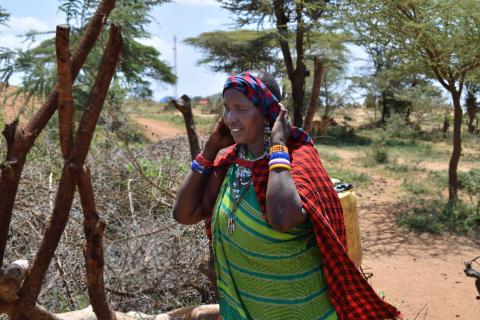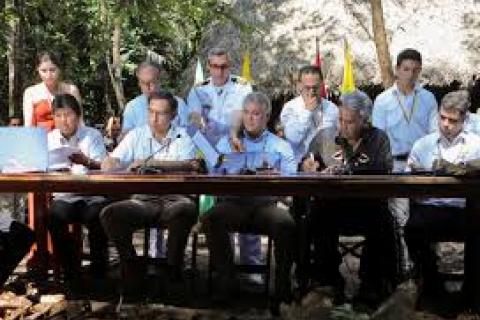The role of indigenous communities in reducing climate change through sustainable land use practices
The climate crisis demands urgent action, yet we live in a politically polarized and paralyzed world. As governments and other actors struggle over climate change, our environment is irreversibly changing. A United Nations report on the Global Assessment of Biodiversity and Ecosystem Services revealed that three-quarters of the earth’s land-based environment has been significantly altered by human actions.










